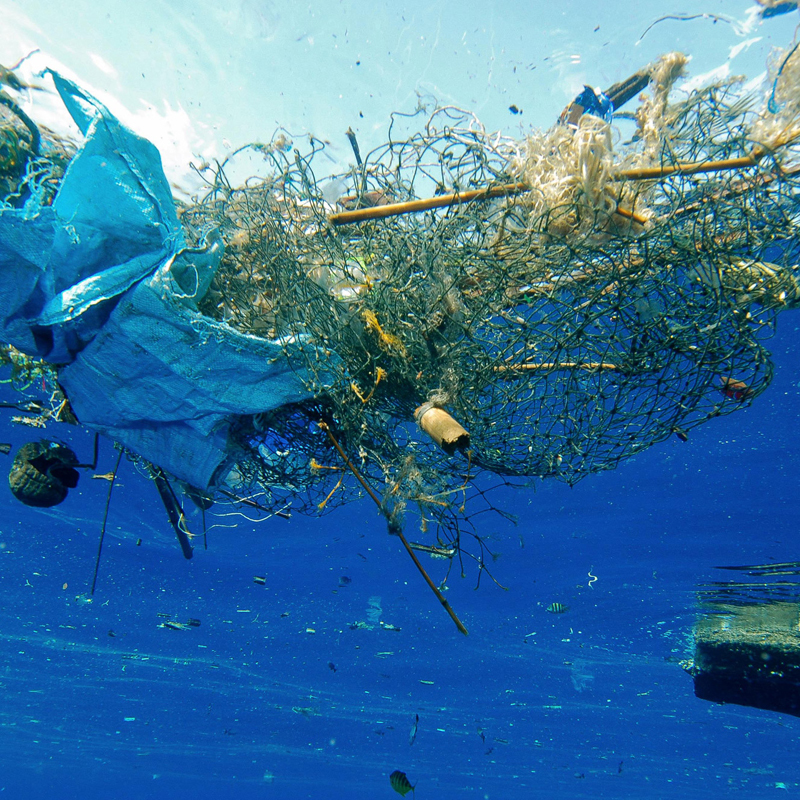Researchers Engineer an Enzyme that Eats Plastic Waste

Following similar developments in England and France, a team of scientists at The University of Texas at Austin created an enzyme variant that breaks down plastic with the potential to eliminate billions of tons of landfill. The enzyme—dubbed FAST-PETase—targets polyethylene terephthalate (PET), a polymer found in consumer packaging that makes up 12% of global waste. Researchers used a machine learning model to generate mutations of a natural enzyme that degrades PET, creating an efficient variant that can eat plastic—in certain cases in as little as 24 hours. This is much faster and more effective compared with current methods of eliminating plastics, which include recycling (but less than 10% of plastics get recycled and can take centuries to degrade) and burning, which is costly and toxic for the environment. As the portable enzyme operates at less than 50 degrees Celsius, it can be used to clean up polluted sites, offering a breakthrough solution to cleaning pollution. Learn more about it at Phys.org.
Image courtesy of Unsplash/CC0 Public Domain
Via phys.org link opens in a new window












